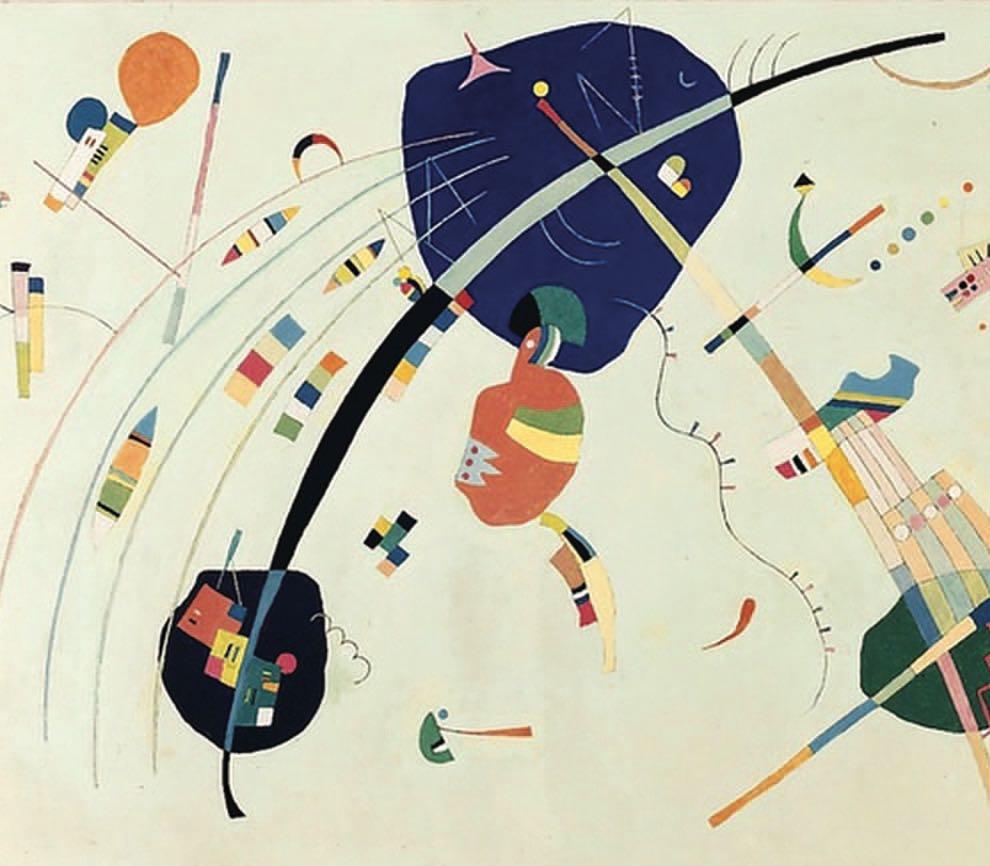
Metaphysics can be thought of as an investigation into the ultimate or fundamental nature of reality. In other words, it is the attempt to reveal and describe how and what things really are at some foundational level.The most popular kind of metaphysics seems focused on determining whether the world is best described as fundamentally physical, mental, neutral, or some combination of these. I have no quarrel with many of the questions that metaphysics seeks to investigate. Here I am concerned with the metaphysical doctrines which make grand claims, such as ‘everything is physical’ or ‘everything is mental’. Popular examples of these doctrines include physicalism and idealism. Less mainstream positions which are gaining in popularity include neutral monism and panpsychism. I will settle for brief descriptions of the two more popular positions. Physicalism refers to the thesis that everything which exists is physical, including thoughts, numbers, minds, and consciousness (if these things exist, of course). Idealism, in contrast, is the thesis that everything which exists is in some sense mental or a product of consciousness, including seemingly non-mental physical objects such as rocks, chairs, and planets. I am neither a physicalist nor an idealist. This isn’t because I take some other metaphysical theory as true, but because I am extremely skeptical of any position that makes grand sweeping generalizations regarding the fundamental nature of reality. Let me tell you why.
Denne historien er fra August/September 2023-utgaven av Philosophy Now.
Start din 7-dagers gratis prøveperiode på Magzter GOLD for å få tilgang til tusenvis av utvalgte premiumhistorier og 9000+ magasiner og aviser.
Allerede abonnent ? Logg på
Denne historien er fra August/September 2023-utgaven av Philosophy Now.
Start din 7-dagers gratis prøveperiode på Magzter GOLD for å få tilgang til tusenvis av utvalgte premiumhistorier og 9000+ magasiner og aviser.
Allerede abonnent? Logg på

Metaphors & Creativity
Ignacio Gonzalez-Martinez has a flash of inspiration about the role metaphors play in creative thought.

Medieval Islam & the Nature of God
Musa Mumtaz meditates on two maverick medieval Muslim metaphysicians.

Robert Stern
talks with AmirAli Maleki about philosophy in general, and Kant and Hegel in particular.

Volney (1757-1820)
John P. Irish travels the path of a revolutionary mind.

IT'S A WONDERFUL LIFE
Becky Lee Meadows considers questions of guilt, innocence, and despair in this classic Christmas movie.

"I refute it thus"
Raymond Tallis kicks immaterialism into touch.

Cave Girl Principles
Larry Chan takes us back to the dawn of thought.

A God of Limited Power
Philip Goff grasps hold of the problem of evil and comes up with a novel solution.

A Critique of Pure Atheism
Andrew Likoudis questions the basis of some popular atheist arguments.

Exploring Atheism
Amrit Pathak gives us a run-down of the foundations of modern atheism.